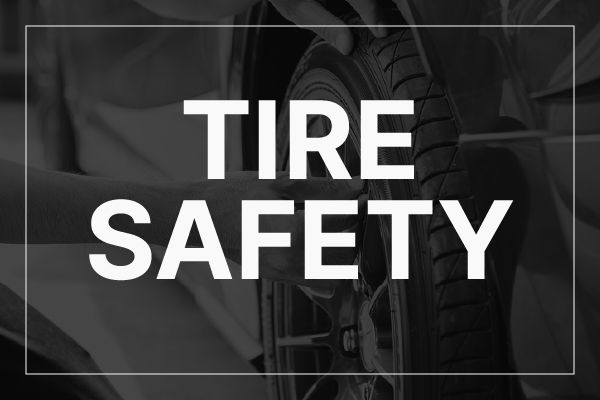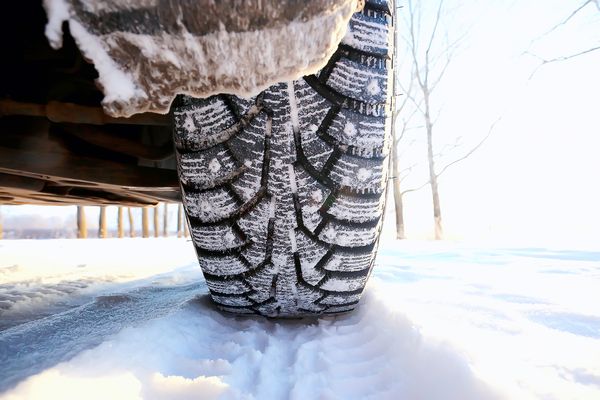
Thousands of cars drive on Texas roadways at any given point during the day. Car owners have a responsibility to ensure their vehicles are equipped to handle all kinds of travel. Most people know that routine car maintenance involves checking the oil, ensuring the car lights and windshield wipers work properly, and filling the car with gas. But some forget another essential part of a regular maintenance routine: checking the tires.
A vehicle’s tire health is extremely important for the safety of the driver and passengers while on the road. Good tires protect against breakdowns and crashes while also encouraging better fuel economy and longer lifespans for the car’s other tires. Wondering if your tires are in good shape? Check out this tire safety guide from the car accident experts at the Hernandez Law Group, P.C.
Tire Safety Checklist:
All of the information here has been provided by the National Highway Traffic Safety Administration. If you ever feel that there is an issue with your tires, seek assistance from a car mechanic or tire specialist.
- Check tire pressure at least once a month and before any long trips.
- Check your spare tire’s pressure at least once a month.
- Check your tires for signs of uneven wear, cracks, or embedded foreign objects.
- If you do find something wedged in the tread of your tire, have a mechanic safely remove it and patch the hole.
- Replace any missing valve caps.
- Know the maximum load capacity of your vehicle and don’t overload it.
- Overload causes more pressure on the tires and the body of the vehicle, wearing them out faster.
Hernandez Law Group, P.C. Insight: How Do I Know If I Need New Tires?
Tire tread is the raised section in the bottom of the tread grooves. When checking your tires, these treads provide insight into the health of your tires. You can check if your tires need replacing by taking a penny and inserting it in the tread with Lincoln’s head facing down. If the tread doesn’t cover Lincoln’s head, it’s time to replace your tires.
For a visual on how to perform this simple test, here is a quick video detailing the steps:
https://www.youtube.com/watch?v=Xv9WVOVDqm0
What Are Some Common Tire Problems?
There are several issues that can threaten the health of your tires and safety of your vehicle. These include:

- Over-Inflation: Typically caused by putting too much air in a tire, this occurs when there is too much air pressure within the tire. It leads to increased wear on the middle section of the tread and less on the edges.
- Under-inflation: Under-inflation happens when the air pressure in the tire is too low. It leads to uneven wear and decreased lifespan for the tire.
- Uneven Wear on the Treads: Uneven wear is usually caused by over- or under-inflation. But if both of these causes are ruled out, it may mean your wheel alignment is off.
- Vibration or Thumping When Driving: This is a general sign that your tire is out of balance or there is a flat spot that has locked the wheels in a panic stop. Other sources of this include a separated belt or brake problem. (Hint: if it is a brake problem, your car will also pull to one side.)
How Can I Properly Maintain My Tires?
The best way to properly maintain your tires and keep you and your passengers safe on the road is to make sure you do the following:
- Rotate your tires.
- Balance your tires.
- Align your wheels.
Only a trained car technician should perform these maintenance tasks to prevent damage to your vehicle. Always check your car’s owner’s manual to see how often these preventative measures should be done.
Were You Involved In an Accident?
Big or small, an accident is always a jarring event that can lead to serious injuries for either party. All drivers have a duty to ensure that their vehicles are safe for use on the road. When a negligent driver fails to do so and causes an accident, they are not the only ones who feel the damage. The team at the Hernandez Law Group, P.C. is dedicated to ensuring that our clients have a voice and are able to get the compensation they deserve from the liable parties. Contact our team today for more information or to schedule a free no-obligation consultation.
